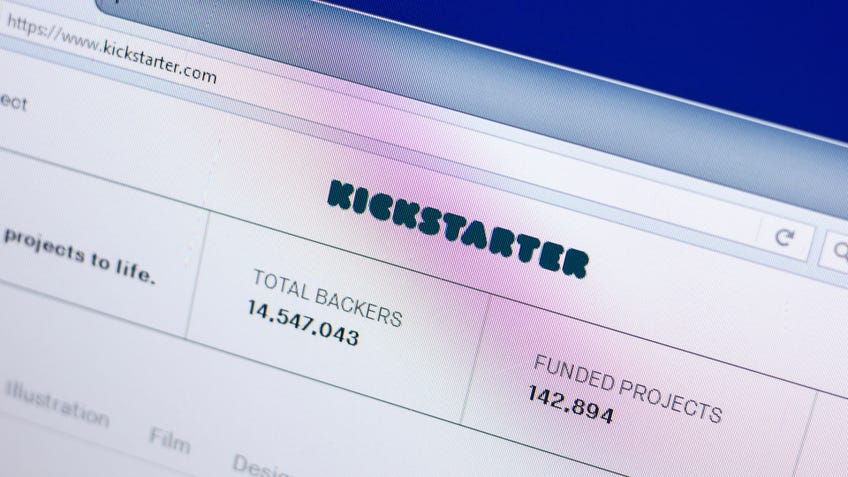Tabletop games have made over $1.5 billion on Kickstarter
That’s a lot of cardboard cash.
Crowdfunding giant Kickstarter recently announced that it surpassed a major financial milestone. Publicly funded projects have now raked in $7 billion since the platform launched in 2009, and tabletop games have accounted for more than 20% of that total.
The figure is part of a larger piece published December 12th on Kickstarter’s blog celebrating a selection of what the platform considers transformational projects, or at least those whose beginnings on Kickstarter helped them achieve further success.
Among them is Cascadia, one of Flatout Games’ most recent board games that mixes tile drafting and pattern building with a wildlife theme set squarely in the US’ Pacific Northwest region. More than 9,000 backers pledged $272,856 towards the project, which went on to win the 2022 Spiel de Jahres and become one of the most popular board games of the year.
A Kickstarter representative told Dicebreaker via email that tabletop games - board games, RPGs, card games and miniatures, along with accessories - account for approximately $1.57 billion of the platform’s lifetime total. When combined with video games and related entertainment, tabletop represented over 50% of the game category.
Tabletop creators have reportedly launched over 36,000 projects on Kickstarter, and the same representative said that roughly 23,500 of those successfully funded. This 65% success rate contrasts fairly well against the reported 40% sitewide average.
Looking at the projects with the most funds and most backers reveals some interesting - and perhaps not surprising - trends: many of the most successful tabletop games leverage an existing audience around a property, such as The Binding of Isaac, The Witcher, Marvel and Avatar: the Last Airbender. The original titles tend to be large board games chock full of plastic miniatures and complicated systems. Gloomhaven sequel Frosthaven is the likely standout here, and it’s joined by a reprinting of Kingdom Death: Monster and Zombicide’s most popular variations.

Both Cyanide and Happiness and Exploding Kittens fill the top ranks of most backers on a project, which makes sense considering the broad fan base each webcomic series had garnered before they pivoted into tabletop party games. The latter stepped into a publisher role in recent years and has been purchasing lightweight titles and adding them to its already considerable portfolio, including Dicebreaker-favourite Happy Salmon.
This achievement celebration falls auspiciously near the one-year mark for Kickstarter’s poorly received announcement that the company would be pursuing blockchain technology research in a capacity it has struggled to clearly define ever since. Many creators within the tabletop space vacated the platform for competitors, and even Gloomhaven creator Cephalofair pulled up stakes for BackerKit’s new platform. This isn't the only questionable technology Kickstarter has flirted with. The public is currently criticising the company's allowing the Unstable Diffusion project's aim to remove limits on AI-generated art algorithms, which would make it easier to steal from artists and create NSFW images from non-consenting individuals and children.
Tabletop and crowdfunding have existed indelibly linked over the past decade, and the success of one has fed the other over the past half-decade, especially. While pandemic-wrought supply chain chaos has begun to scratch at the once untarnished optimism in Kickstarter, the platform did not suffer the mass-exodus many expected - or hoped for. Kickstarter may need to work harder to hold on to its crowdfunding crown, but don’t expect a usurpation anytime soon.

